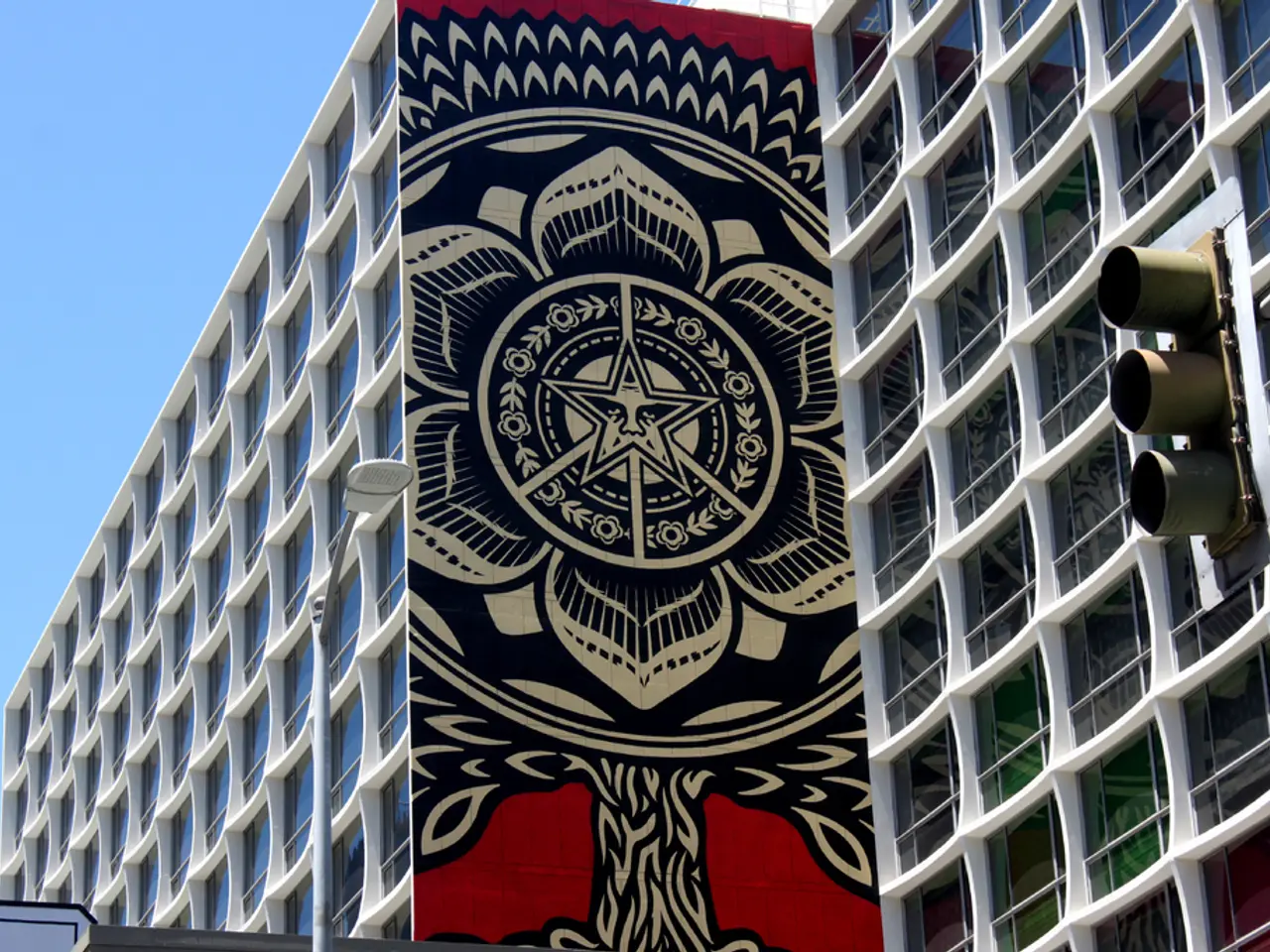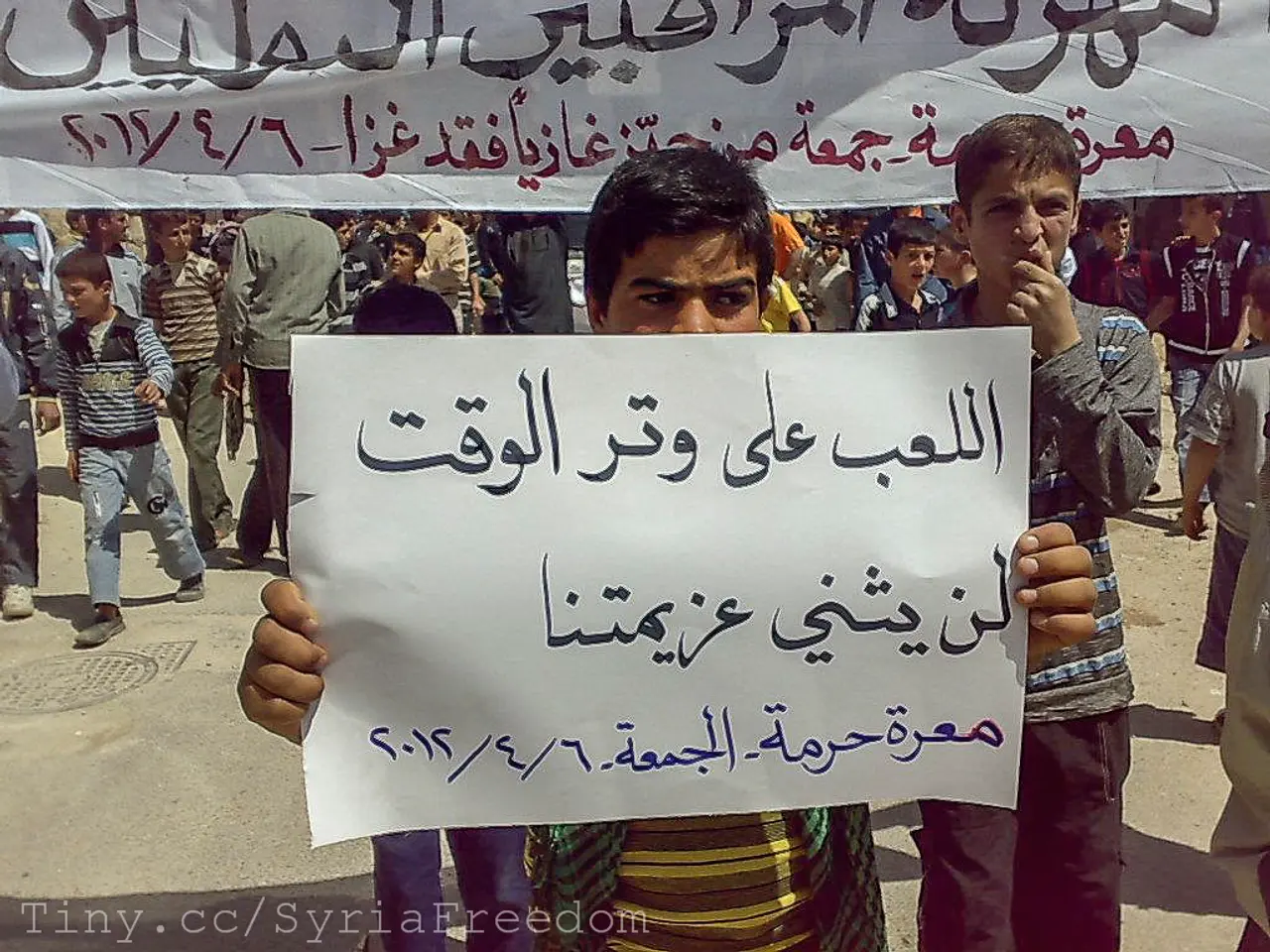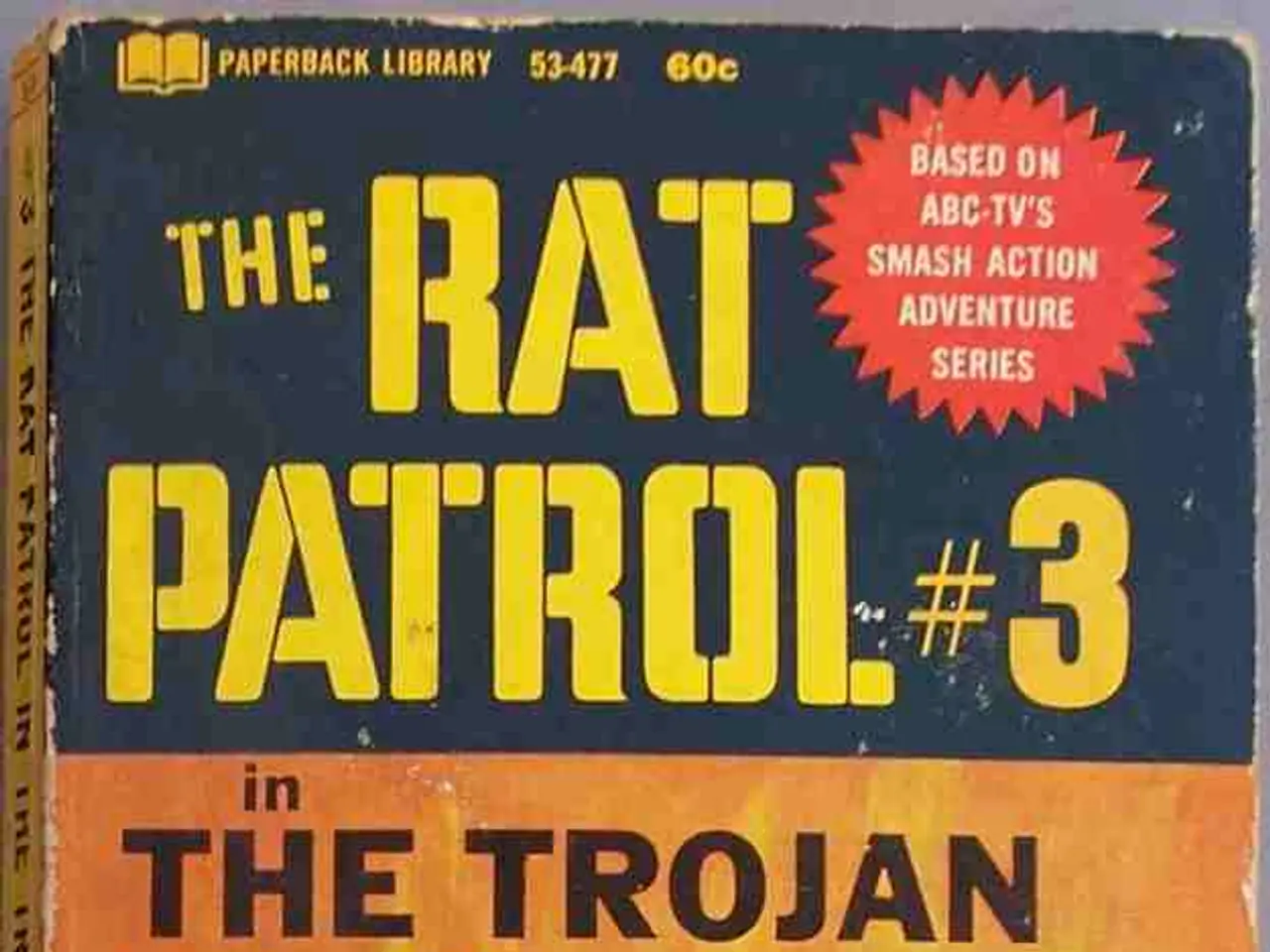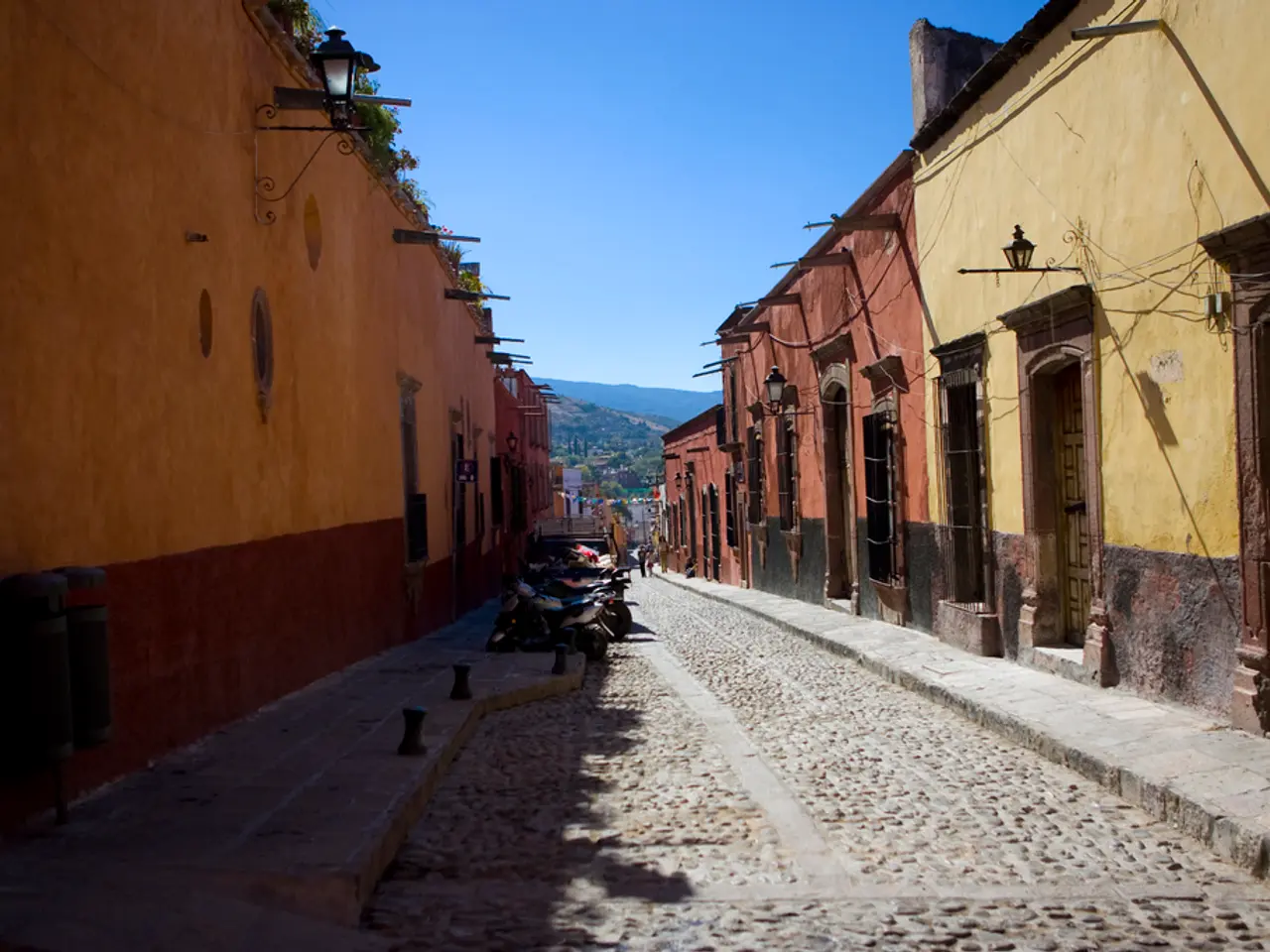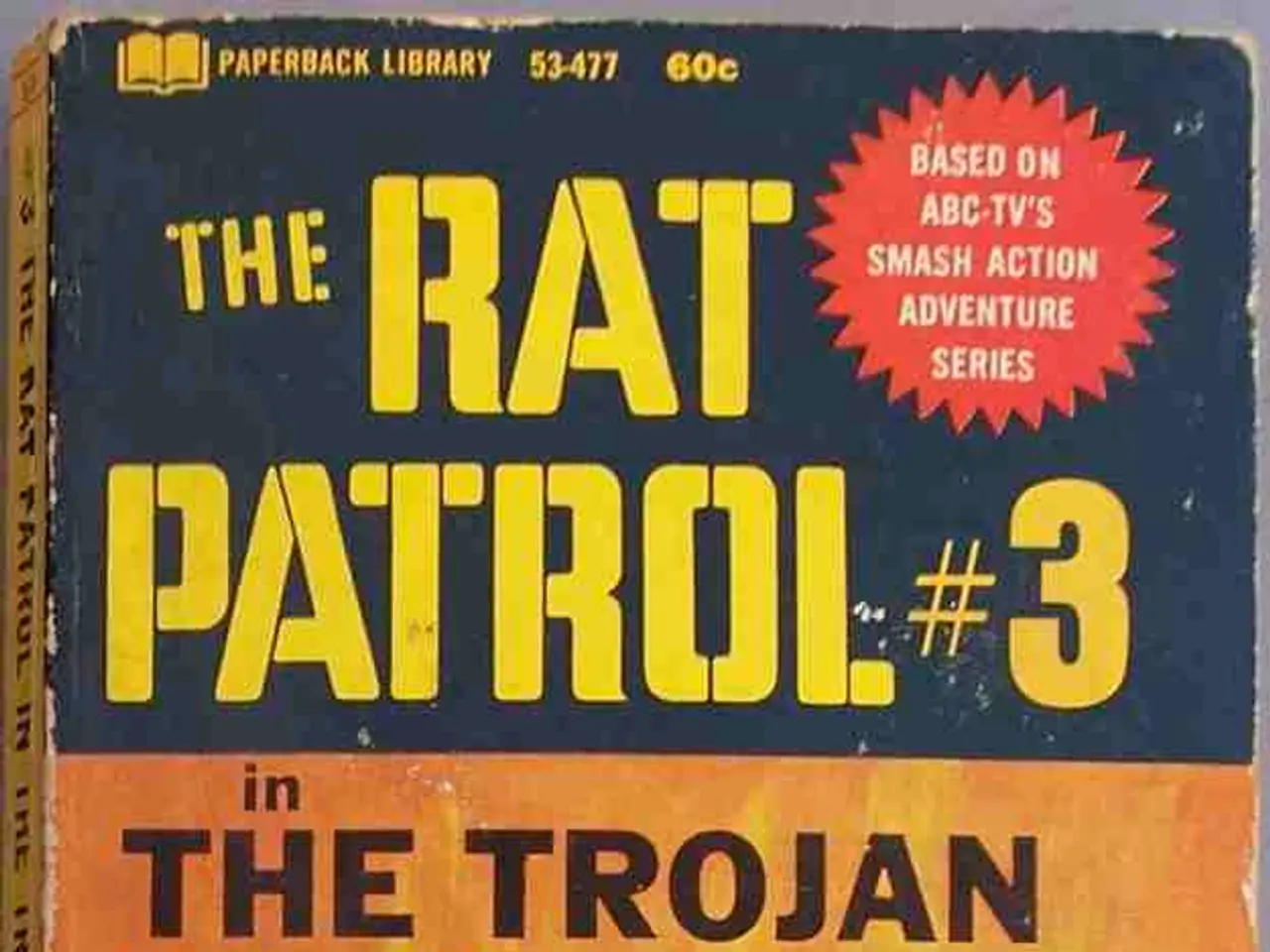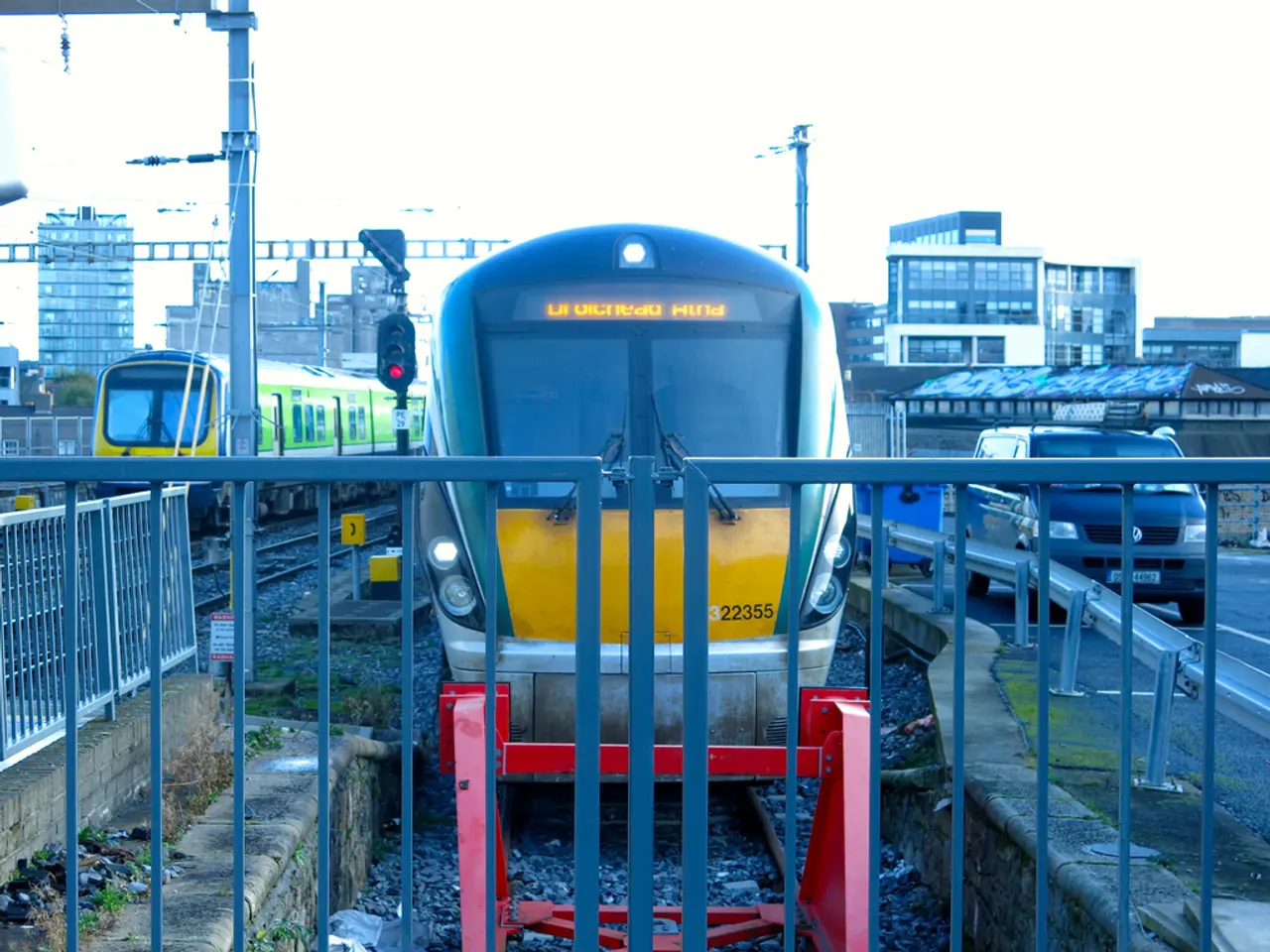Surveillance concerns: Image prohibition in Poland
Starting April 17, 2025, Poland has implemented a new law that prohibits the unauthorised photographing and filming of approximately 25,000 sites nationwide. These sites include military installations, bridges, tunnels, airports, train stations, government buildings, energy facilities, and the Polish National Bank.
The new law, which is part of an amendment to the law on national defence and counterespionage, aims to better protect sensitive infrastructure in Poland. The ban applies to all forms of photography, including drones and airborne imagery, and covers both professional and amateur photographers.
Violators of the photography ban may face significant penalties. Fines of up to 20,000 Złoty (around 4,600 Euro) can be imposed, and imprisonment of up to 30 days is possible. In addition, cameras or smartphones used for violating the ban may be confiscated.
The sites targeted by the amendment include military installations, bridges and tunnels, airports, train stations, government buildings, and energy facilities. The Polish National Bank buildings are also included in the ban.
The government justifies the measure as necessary for national security due to increased foreign intelligence threats. However, critics have raised concerns about enforcement and potential overreach affecting journalists and citizens.
The photography ban in Poland is a significant step towards safeguarding the country's critical infrastructure. It is important for individuals to comply with the law and respect the need for national security.
- The new photography ban in Poland, part of the policy-and-legislation amendment on national defense and counterespionage, is a critical piece of politics aimed at safeguarding sensitive infrastructure.
- The general news around the world is covering the controversial new law in Poland, which prohibits unauthorized photographing and filming of various sites and imposes penalties for violations, raising concerns about its potential impact on journalists and citizens.
